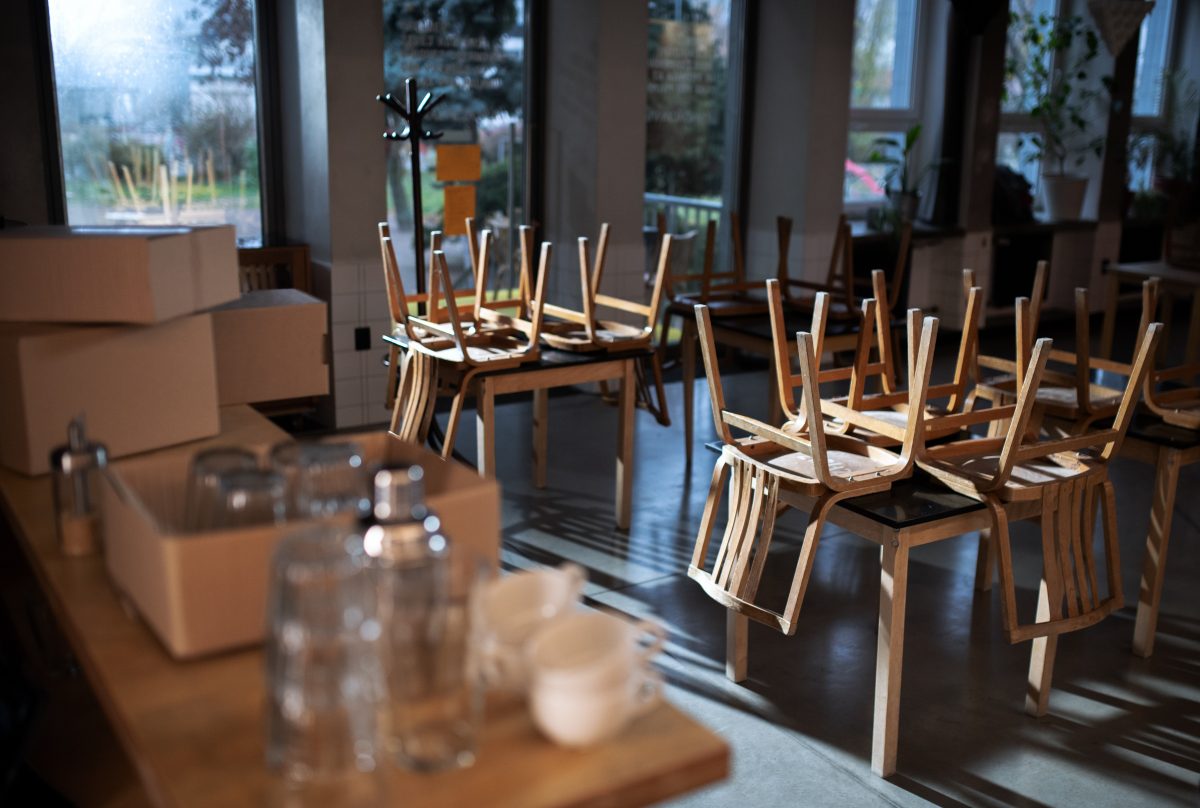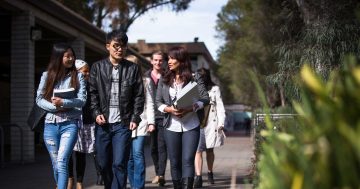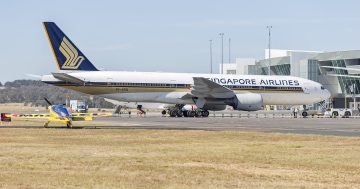
Capped capacities and limited opening hours – hospitality and tourism businesses have been hit hardest by staff shortages. Photo: File.
Out-of-the-box thinking, overlooked resource pools and a focus on company culture are part of the solution to staff shortages plaguing the hospitality and tourism industries, according to new research.
Commissioned by the ACT Government and conducted by University of Canberra researchers Professor Raechel Johns and Dr Naomi Dale with other team members, the workforce skills project combined content (literature and data) analysis, interviews with industry bodies, employee focus groups and employee surveys to investigate the problem.
It found the hospitality and tourism industries to be the worst hit by staff shortages.
“There’s a lot of anecdotal feedback from businesses that this is a major problem, but the purpose of this research was to really understand the situation, build recommendations and generate concrete solutions,” Prof. Johns said.
“A lot of the employers were saying the only way to get staff at the moment was to poach, so we’re not currently addressing the issues; we’re only shifting them around.”

“This will require us all to come together to implement solutions” – UC researcher Professor Raechel Johns. Photo: UC.
The research revealed some businesses were restricted to operating at as little as 60 per cent capacity due entirely to worker shortages.
Tourism Research Australia data shows about 6300 vacancies for wait staff and almost 4000 for chefs, as well as severe shortages of bar attendants and baristas.
Dr Dale added that weaknesses in the scaffolding of the country’s “visitor economy” compounded enormous pressure on providers during peak tourism periods.
“There have always been workforce shortages, particularly for rural, regional or seasonal businesses, but the problem has worsened and diversified,” she said.
“It’s not just about attracting staff to an area any more; it’s about them being able to find accommodation at reasonable prices, access to late-night transport and so on.”
The Tourism Job Summit revealed one knock-on effect of the pandemic was a shift in employee priorities.
“The pandemic provided people the chance to take stock of what’s important to them,” Dr Dale said.
“Some workers want jobs in industries they perceived as more stable. They’re also highlighting the desire to take pride in what they do, whether by working for places that align with their values or their ability to make an impact through their work.
“Given it’s an employee’s market, businesses need to consider how their ethos can attract staff, rather than focusing solely on wages and job security.”

“Businesses need to consider how their ethos can attract staff” – UC researcher Dr Naomi Dale. Photo: Naomi Dale.
The research also proved a surge in the importance of work-life balance and how an employee’s work affects what they do outside their jobs.
“For people who live coastally, Canberra’s lack of beaches is a deal-breaker because access to the ocean is embedded in their lifestyle,” Dr Dale said.
“On the other hand for some people living in certain rural and remote areas, trips to Canberra are a highlight, so they don’t have that barrier.
“It’s about thinking of the whole-of-life experience for these workers and finding the ‘right’ population.”
Dr Dale said Australia didn’t have the required population to do all the work in these industries and possibly less inclination than some overseas workers.
“The country has seen important changes around increasing the number and length of visas and access to permanent residency to ease the immediate issues by attracting more international staff – but there’s no silver bullet.”
The researchers agreed any real solution would involve a multi-pronged approach, which would require a commitment from employers to train and upskill employees.
The project highlighted other under-tapped talent pools for businesses to explore, such as older generations who may wish to work part-time; Indigenous Australians; employees with disability; outsourcing and technological solutions.
It also recommended a promotional campaign around living and working in Canberra integrated with a website showing job and accommodation listings.
“One thing is clear; this is not just a government issue, this in employer and employee issue as well,” Prof. Johns said.
“We call on organisations waiting on the government to tap into these solutions and think about what they can do to make themselves an organisation where people want to work.”




















